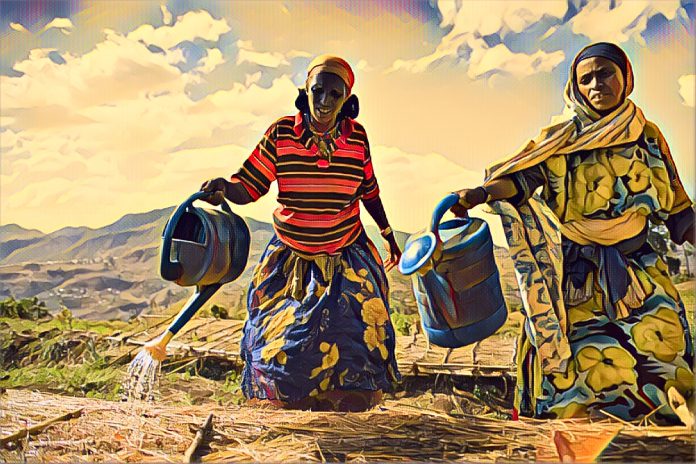KEY POINTS
- Climate change disrupts rainfall patterns, leading to lower crop yields and increased food prices.
- Rural communities face income loss and economic insecurity as agricultural productivity declines.
- Climate-smart practices are essential for building resilience in Nigeria’s agricultural sector.
A vital component of Nigeria’s economy and food security, the country’s agricultural sector is being significantly impacted by climate change.
Crop yields and conventional farming methods are being disrupted by temperature changes, unpredictable rainfall, and extreme weather events.
The main ways that climate change affects Nigerian agriculture are examined in depth here.
Disruptions to crop yields and food security
Due to its heavy reliance on rain-fed farmland, Nigerian agriculture is susceptible to variations in weather patterns.
Reduced yields of staple crops like maize, sorghum, and millet are being caused by protracted droughts, irregular and delayed rains, and unplanned flooding events.
As crops either fail to mature or are destroyed by heavy rainfall, such interruptions pose a threat to food security, according to Nigeria’s Meteorological Agency.
Food prices have increased due to the ensuing lower crop yields, which has increased inflation and made essential items more expensive for many Nigerians.
Economic impact on rural livelihoods
For millions of Nigerians, especially those living in rural areas, agriculture is their primary source of income.
Many smallholder farmers have decreased income and livelihood insecurity as a result of climate change’s effects on agricultural productivity.
Poverty is exacerbated and the rural economy is threatened by this volatility, especially for those who are already at risk from changes in the economy.
According to the Food and Agriculture Organization, Nigeria may experience a serious food crisis by 2025 if current trends continue, exacerbating the country’s social and economic problems.
Increasing spread of pests and diseases
Climate change-related increases in temperature and humidity foster an environment that is conducive to the growth of pests and agricultural diseases.
Farmers in Nigeria have reported a rise in crop-destroying pests including locusts and caterpillars, which drastically reduce harvests.
Staple crops are seriously threatened by the emergence of novel diseases such as maize lethal necrosis disease (MLND).
Farmers are forced to make larger investments in pest management, which further reduces agricultural productivity and puts a strain on their finances.
Water scarcity and irrigation challenges
Water scarcity is becoming a major problem for Nigerian farmers, particularly those who only use rain-fed irrigation, as rainfall patterns grow less predictable.
Crop growth is impacted by droughts and decreased water availability during crucial growing seasons, which lowers harvest volumes.
Some areas are addressing this by investigating drip irrigation and water conservation strategies, which maximize water use.
However, due to a lack of infrastructure and resources, it is still difficult to scale these methods nationally.
Adoption of climate-smart agriculture
Nigeria is encouraging climate-resilient farming methods to solve these issues.
Farmers can adjust to changing conditions with the aid of programs like rainwater collecting, agroforestry, enhanced irrigation, and drought-tolerant crop types.
In order to counteract soil degradation, conservation agriculture techniques that reduce soil disturbance and improve moisture retention are also being promoted.
Nigeria hopes to improve agricultural resilience and stabilize food supply in the face of climate change by putting climate-smart farming practices into practice.
Climate change’s effects on Nigerian agriculture necessitate quick adaptation measures to safeguard rural livelihoods and food security..



